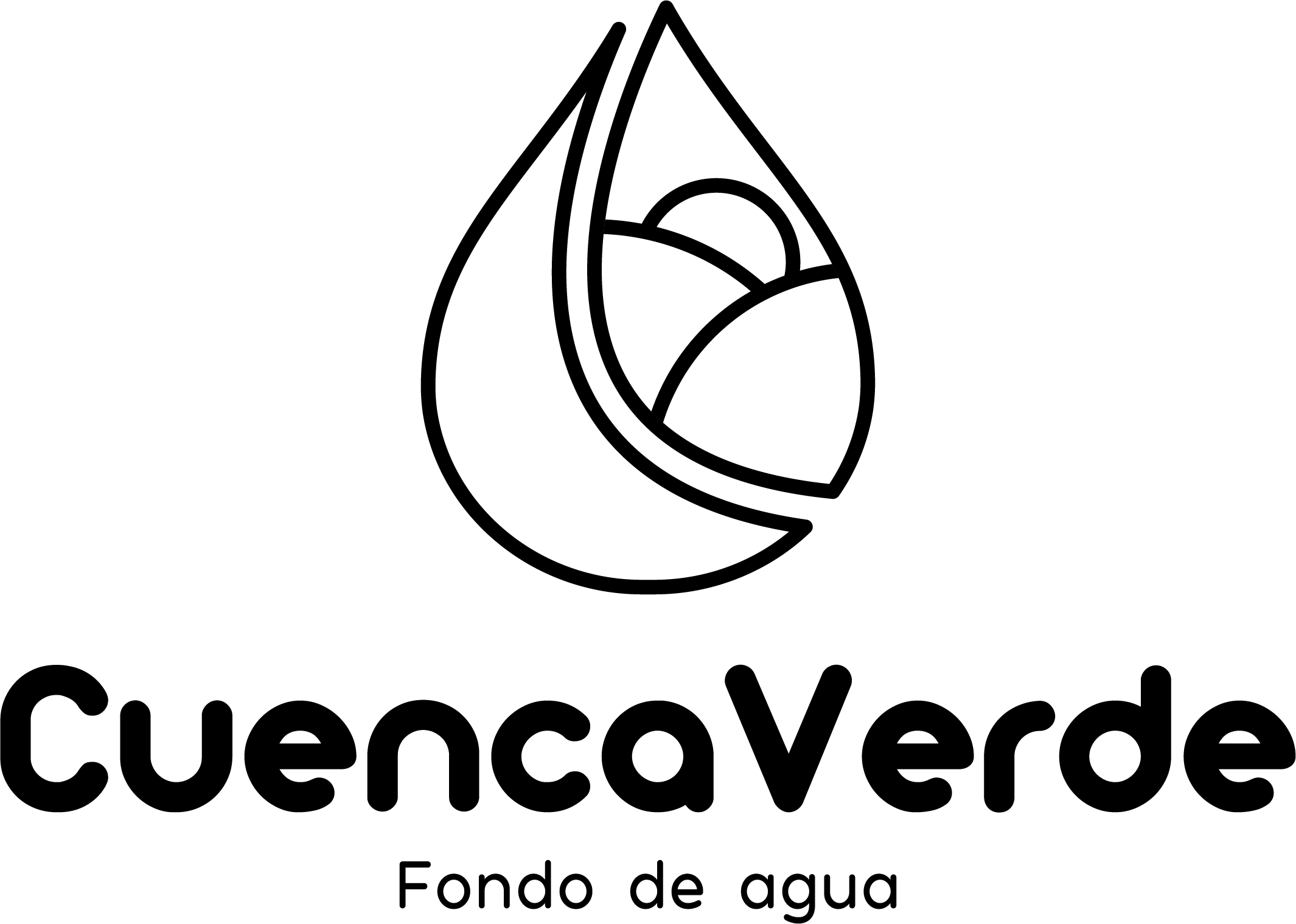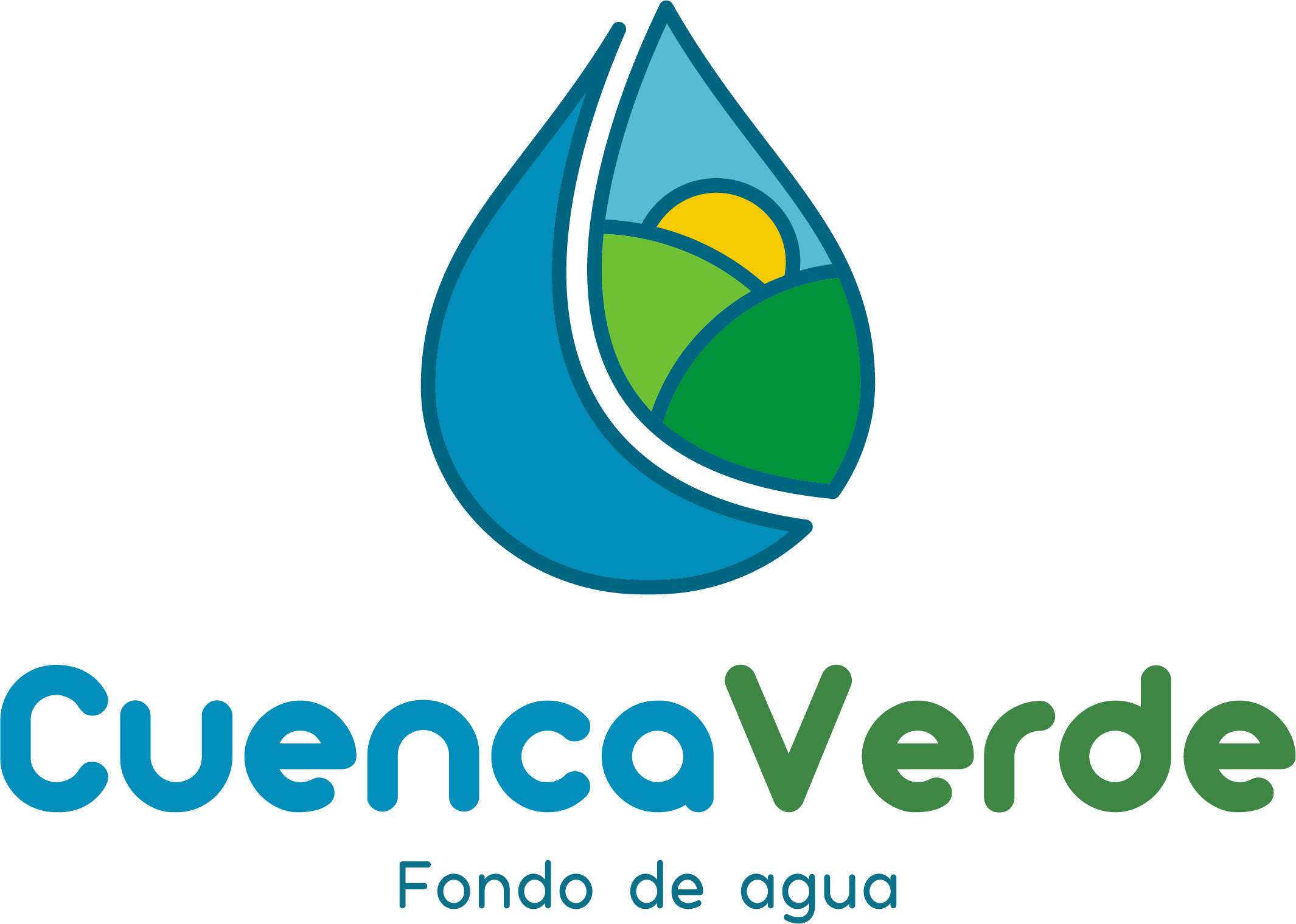Las cuencas hidrográficas son el alma de los ecosistemas terrestres y un elemento esencial para la vida en el planeta. Desde los pequeños arroyos hasta los grandes ríos, estas áreas actúan como arterias naturales que sustentan la biodiversidad, regulan el clima y proporcionan recursos vitales para las comunidades humanas. En Cuenca Verde, entendemos que el cuidado de las cuencas no solo es crucial para las regiones locales, sino también para garantizar un futuro sostenible a nivel global.
¿Qué Son las Cuencas Hidrográficas y por Qué Importan?
Una cuenca hidrográfica es una extensión de terreno donde el agua de lluvia y deshielo fluye hacia un río, lago o cuerpo de agua específico. Estas áreas cumplen funciones esenciales, entre las que destacan:
-
Provisión de Agua Dulce
Más del 60% del agua potable del mundo proviene de cuencas hidrográficas. Su conservación asegura el acceso a agua limpia para millones de personas. -
Regulación del Ciclo Hidrológico
Las cuencas ayudan a captar, almacenar y distribuir el agua, regulando las lluvias, previniendo inundaciones y mitigando sequías. -
Hogar de la Biodiversidad
Los ecosistemas acuáticos asociados a las cuencas albergan una gran variedad de especies, desde microorganismos hasta grandes mamíferos. -
Sumideros de Carbono
Los bosques y humedales en las cuencas capturan dióxido de carbono, contribuyendo a mitigar el cambio climático. -
Soporte para la Agricultura y la Industria
Las cuencas son esenciales para la producción agrícola y las actividades industriales, proporcionando agua para el riego y procesos productivos.

Las Cuencas y el Cambio Climático
El cambio climático representa una amenaza significativa para las cuencas hidrográficas. Fenómenos como la deforestación, la contaminación y el aumento de temperaturas alteran su capacidad para cumplir sus funciones naturales. Desde Cuenca Verde, estamos comprometidos con la restauración y protección de las cuencas, implementando tecnologías avanzadas como sensores de monitoreo, drones para mapeo y análisis de datos mediante inteligencia artificial. Estas herramientas nos permiten actuar de manera efectiva frente a los desafíos ambientales.
.
.

Las cuencas son esenciales para la producción agrícola y las actividades industriales, proporcionando agua para el riego y procesos productivos.
– Cal Newport






The insights in this post about the future of environmental science are eye-opening. It’s amazing to see how technology and science are evolving to help protect our planet. I hope more people will start paying attention to these issues before it’s too late.
I completely agree with the direction mentioned in the article. If we don’t invest in the future of environmental science, we might reach a point where no amount of technology will be able to reverse the damage we’ve done. Thanks for highlighting these urgent topics.
That’s such a crucial point! We’re already seeing the effects of environmental neglect, and the future of environmental science could be our last chance to fix things. It’s good to see more attention being given to this.
Absolutely! Renewable energy is the way forward, and it’s encouraging to see advancements in solar and wind technology. Governments and industries need to take these developments more seriously if we want to secure the future of our planet.
The focus on technology to protect the environment is inspiring. I think the next big step will be integrating AI and machine learning into environmental science to make more precise predictions and find better solutions for global challenges.
AI could indeed play a massive role in the future of environmental science, especially in tracking and predicting climate change. It’s exciting to think about the possibilities, but we need to ensure these technologies are used ethically.
I’m glad the post discussed biodiversity. It’s often overlooked in conversations about environmental science, but preserving biodiversity is critical to maintaining healthy ecosystems. We need more initiatives focused on protecting endangered species.
Biodiversity is so important! Without a diverse range of species, entire ecosystems can collapse, leading to unforeseen consequences. I agree that more needs to be done to protect wildlife and the habitats they depend on.
The article also touched on environmental policies, which are key to making real change. It’s frustrating to see how slowly governments are moving on these issues. The future of our planet depends on immediate action and stricter regulations.
The future of environmental science is tied to how we handle waste management. The post did a great job explaining the innovations happening in that field, but we still need more global initiatives to reduce waste at the source.
I couldn’t agree more. Waste management is a major issue, especially with the increasing production of single-use plastics. More innovation is definitely needed, but so is public awareness and responsibility. We all have a role to play.
The part about ocean conservation really struck a chord with me. The damage we’ve done to our oceans is heartbreaking, but the advancements in marine science give me hope. It’s crucial that we protect our water ecosystems for future generations.
Yes! Oceans are such a vital part of our planet’s health, and their decline is a huge warning sign. I’m glad the post emphasized this, and I hope more focus will be placed on marine conservation in the future.
I think the role of education in environmental science is often underestimated. If we don’t teach the next generation about the importance of sustainability and protecting the planet, then all the advancements we’re making now could be in vain.
The emphasis on clean water access in the post was so important. As climate change progresses, we’re going to see more water shortages around the world, and it’s vital that we find sustainable ways to ensure everyone has access to clean drinking water.